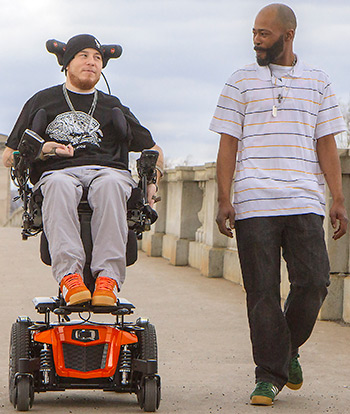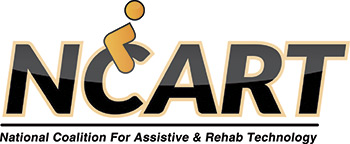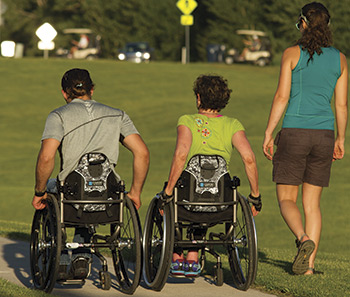Answers from industry experts
Friday, October 7, 2016
 Q6 Edge 2.0 with iLevel Technology
Q6 Edge 2.0 with iLevel TechnologyQuantum Rehab
Julie Piriano, PT, ATP/SMS, Vice President, Clinical Education/Rehab Industry Affairs & Compliance Officer www.quantumrehab.com
What products does your company offer the complex rehab market? PIRIANO: Quantum Rehab is a global innovator of complex rehab products, including the Q6 Edge 2.0 and Quantum Series of power bases, iLevel seat elevation technology, TRU-Balance 3 Power Positioning Systems, Q-Logic 2 Drive Control System, Synergy cushions and backs and Stealth Products positioning components and secondary drive controls. What trends do you see in the market space this year? PIRIANO: The market focus remains on truly consumer-inspired innovations for the best possible client outcomes and satisfaction. At Quantum, our complex rehab products are no longer just about medical necessity, they are also designed with technologies to increase comfort, daily functionality and quality of life. The result is that clients can focus more on social inclusion and the entirety of their lives, from family to career to community. What challenges are present in the complex rehab market? PIRIANO: Funding constraints have long been an issue. As a manufacturer working with providers, we have been tasked with developing superior products at an affordable cost in order to safeguard the end user as much as possible from the impact of these challenges and facilitate the outcomes they need. As a company we have become more creative in our approach to all aspects of our business, and in doing so, it has allowed us to continue to fight for the end user’s right to meet their quality of life needs for complex rehab technology. Do you have products that were developed in direct response to a pressing need in the industry? PIRIANO: Many of our power-positioning consumers expressed to us that a truly functional power-adjustable seat lift would help to improve their daily functionality and quality of life. As a result, our iLevel power-adjustable seat technology allows for safe operation at 10 inches elevated and driving at a brisk walking pace (3.5 miles per hour). iLevel technology allows greater in-home independence and accessibility to aspects such as grocery shopping and navigating crowds. We have also taken service a step further by providing information on funding sources via our ilevel.rehab website. What is the single most important thing that HME dealers and other health care providers can do to increase revenue and remain competitive in 2016? PIRIANO: Truly focus on client outcomes. What we’re finding is that in many cases, client outcomes drive coverage. During the submission process, if providers properly document client need, funding is more often approved. Therefore, by centering the process around true client need, and documenting that for reimbursement, funding approvals increase.
NCART
Don Clayback, Executive Director www.ncart.us
Tell us about NCART’s place in the complex rehab industry. CLAYBACK: NCART’s mission is to protect access for complex rehab technology for people with disabilities. Our members consist of the leading providers and manufacturers of complex rehab technology products. We work on issues at the federal and state level that impact access. What challenges are currently affecting the complex rehab industry? CLAYBACK: The challenge within the Medicare program is cuts that are scheduled to go into effect January 1, 2017. Complex rehab technology was originally exempt from competitive bidding. But last year, when CMS was expanding competitive bid pricing to additional areas of the country, they thought it was also in their authority to include accessories used with complex wheelchairs. We are working with Congress to prevent that from happening. Our historic challenge is to educate payers, whether they be Medicare, Medicaid or private payers, about the differences in complex rehab technology versus standard durable medical equipment. NCART’s mission to some extent is to educate policymakers around what complex rehab technology is, then work with them to make sure they have the policies in place that support proper access. What strategies should HME dealers and other health care providers use to remain successful? CLAYBACK: You should be a well-managed business, running very efficiently. I believe you also should support joint organizations such as NCART and the advocacy work that is going on around complex rehab technology. We have made significant progress during the last five years, but we also need more folks to get engaged in working with federal and state legislators; advocacy around complex rehab technology is critical. Acta-Back Support with Compass Power Mount Bracket
Acta-Back Support with Compass Power Mount Bracket